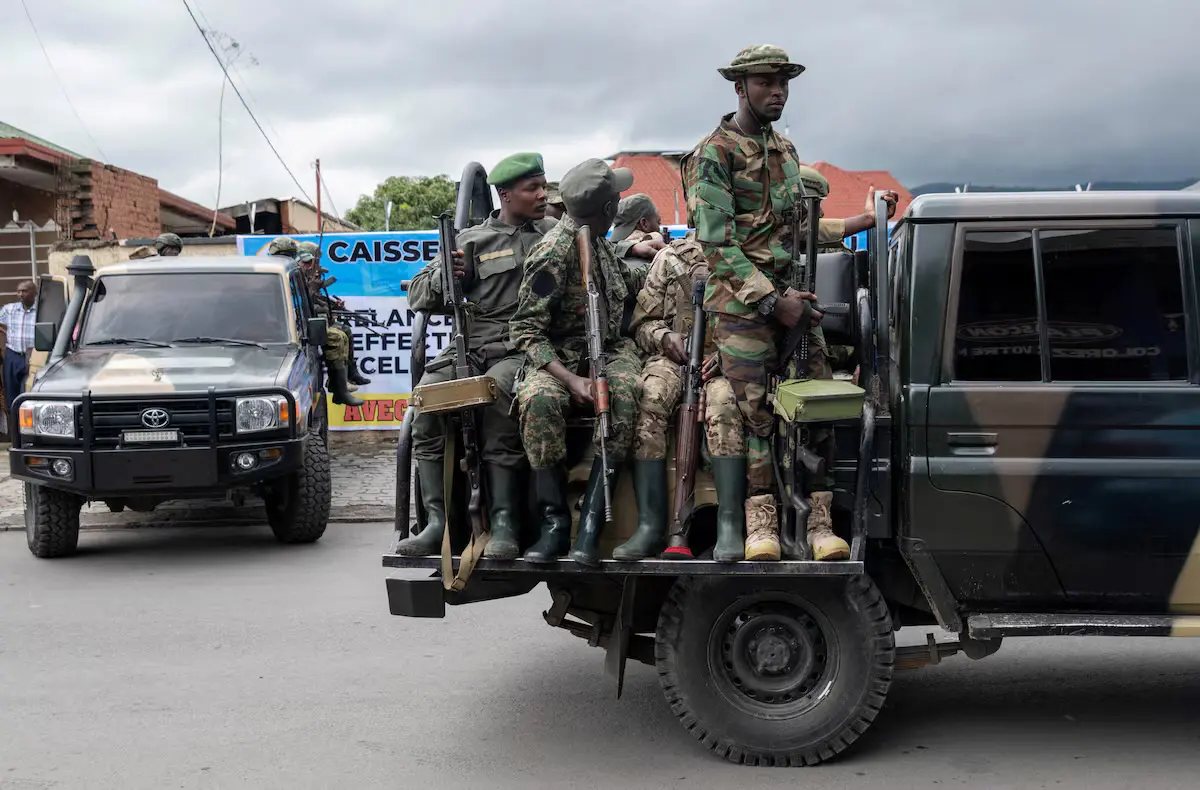Russia and Iran Sign 20-Year Strategic Partnership Treaty in Moscow

Iranian President Massoud Pazeshkian and russian leader, Vladimir Putin, Photo: RT
January 17, 2025 Hour: 1:20 pm
Russian President Vladimir Putin and Iranian President Masoud Pezeshkian held a joint press conference in Moscow on Friday after concluding bilateral negotiations. The leaders announced the signing of a landmark Comprehensive Strategic Partnership Treaty, which sets the framework for cooperation between the two nations for the next 20 years.
Related:
Russia to Boost Cooperation With Iran in All Areas: Putin
Putin described the treaty as “innovative,” emphasizing its goal of fostering stable and sustainable development in trade and economic relations. “Less bureaucracy, more action,” the Russian president stated, highlighting the practical approach the treaty aims to establish.
Pezeshkian, in turn, emphasized that the agreement was based on mutual interests and reiterated that both Russia and Iran have the capacity to secure their own safety independently, without relying on third-party interventions. “The unipolar world can no longer show the way,” he remarked, adding that human rights should be viewed as a global issue, not one confined to any specific group.
Putin praised the talks as “deep,” “useful,” and “constructive,” noting that both nations had made significant progress toward using national currencies in their commercial transactions and were working on connecting their payment systems.
On the energy front, Putin revealed plans for a gas pipeline linking Russia and Iran, initially set to deliver 2 billion cubic meters of gas, with potential expansion to 55 billion cubic meters.
Regarding the situation in Syria, Putin reiterated Russia’s commitment to a peaceful resolution of the conflict, vowing continued support for the affected population. Pezeshkian also disclosed that the possibility of a visa exemption regime between the two countries was discussed.
The official visit by President Pezeshkian to Moscow also focused on expanding bilateral cooperation in key areas such as trade and investment, transportation, and logistics, as well as addressing regional and international issues. The two leaders also discussed Middle East concerns, including the Syrian conflict and the Israeli-Palestinian issue, along with matters related to the South Caucasus and Iran’s nuclear program.






